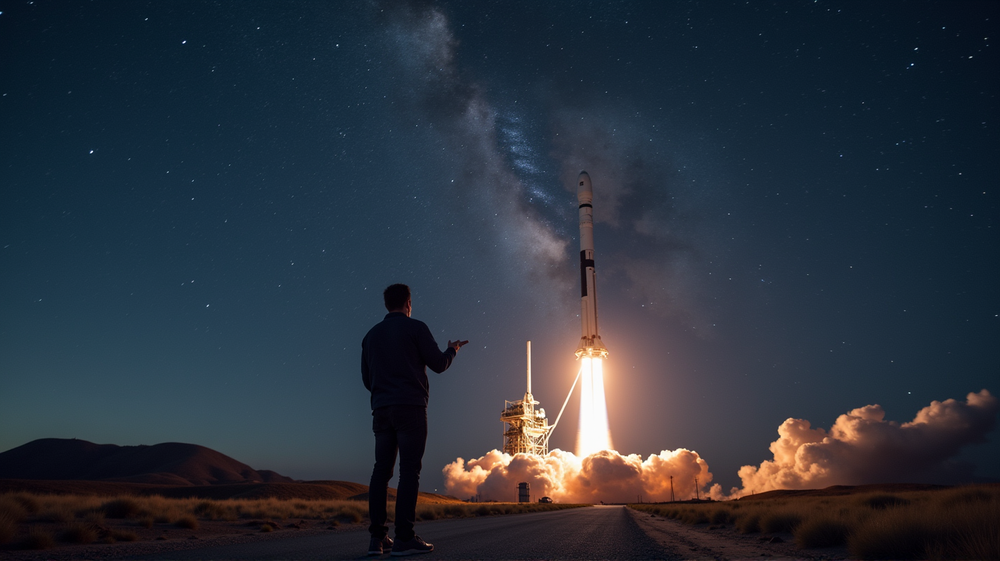A Visionary’s Proposal
In an unexpected move that has sent ripples throughout the space community, SpaceX’s CEO Elon Musk has recommended accelerating the timeline for deorbiting the International Space Station (ISS) to within the next two years. This recommendation places the deorbiting event in a stark contrast as against NASA’s plan to execute it by 2031, setting the stage for an intriguing debate over the future of human presence in low Earth orbit.
The Current Plan vs. Musk’s Vision
NASA currently has a well-mapped trajectory that plans to conclude the ISS’s service by 2031, with the associated deorbit vehicle slated for readiness by 2028. However, Musk challenges this timeline, advocating for a speedier final bow for the orbiting laboratory that has stood as a symbol of international collaboration and scientific endeavor. His proposition suggests potential shifts in objectives or concerns that remain to be publicly detailed.
Implications of an Accelerated Timeline
An earlier deorbit of the ISS raises several pressing questions: What will replace the ISS in acting as humanity’s scientific outpost in space? How would such a decision impact international partnerships and ongoing experiments aboard the station? As these considerations circulate, they underscore the balance between legacy and innovation in space exploration.
The Broader Future of Space Habitation
SpaceX’s thrust into rapid innovation with sophisticated spacecraft and bold visions of Mars colonization aligns with Musk’s call. It spotlights an underlying ethos to redefine space habitats, possibly viewing the ISS deorbitation as a step back to move forward—ushering new frontiers of living and working in space.
A Call for Collaborations and Foresight
Many questions remain as to how stakeholders in the global space community, including various international space agencies, astronauts, and scientists, will respond to Musk’s recommendation. The world watches with anticipation as discussions may potentially forge a pathway that harmonizes visionary aspirations with pragmatic solutions.
Looking Ahead
Whether or not Musk’s recommendation brings a quicker dawn of change remains to be seen. However, it certainly ignites curiosity and debates around the trajectory of human spaceflights and international cooperation in cosmic endeavors, ensuring that space exploration continues to captivate the dreams and ambitions of humankind.
As stated in LatestLY, this dynamic development could very well mark a pivotal moment in defining the next epoch of space innovation.












